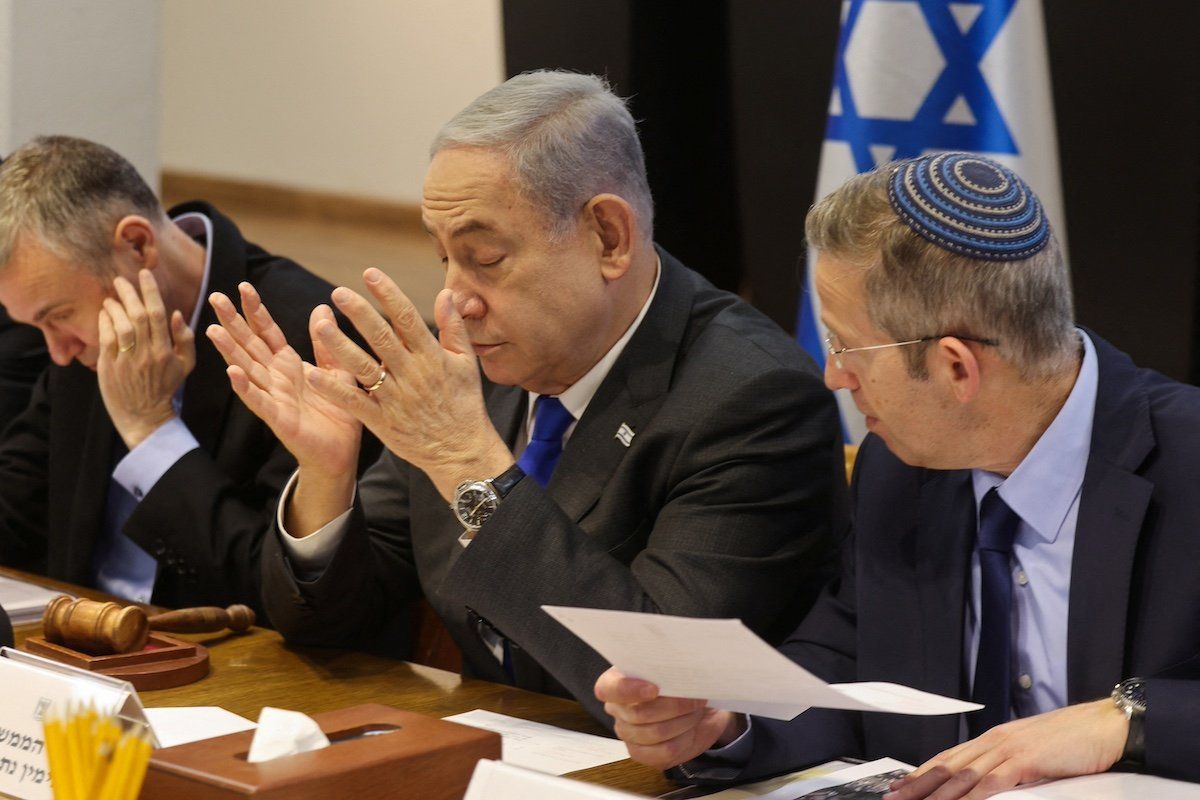Be reasonable! That was the message Israel’s Supreme Court sent PM Benjamin Netanyahu on Monday about his controversial judicial overhaul plans. The high court struck down the “reasonableness law” that aimed to prevent its judges from overriding government decisions they deemed unreasonable.
This was the same judicial overhaul plan that led to months of protests last year. If the court had slapped down the law last summer, the PM likely would’ve fought back, but for now, at least, Bibi is playing nice.
Why the change of heart? Bibi looks set to accept the court’s decision for the time being, signaling just how far his political star has fallen since Hamas militants attacked Israel on Oct. 7. Only 15% of Israelis want Bibi to remain in power once the war against Hamas ends, according to a new poll, and a whopping 70% want him to resign now. So the embattled leader – who also faces an ongoing corruption trial – has no room for political error.
“The coalition is unlikely to contest it amid fighting in Gaza and the country's leadership will remain primarily focused on security issues,” says Sofia Meranto, a Middle East analyst at Eurasia Group, noting that the court’s move is likely to “add to a slew of pressures Netanyahu faces internally.”
Indeed, instead of lashing out at the court’s ruling, Bibi’s team is messaging the need for unity amid the war.
Most Israelis support the war against Hamas. The court’s decision came on the same day Israel announced its withdrawal of several thousand troops from Gaza. While it said the drawdown was aimed at preparing for “prolonged fighting,” it could also be aimed at relieving economic pressures. Roughly a fifth of Israel’s workforce is missing from the labor market due to the war, which means the economy has been slowing.
Meanwhile, the Israeli military has turned its gaze to Lebanon amid ongoing exchanges of cross-border fire with Hezbollah. On Tuesday, a senior Hamas leader was killed in a drone strike in Beirut that Hamas blamed on Israel. While the Jewish State has denied responsibility, the victim was reportedly an Israeli target over the past year.
The IDF is preparing for retaliation from Hezbollah, as the Iran-backed militant group vows to inflict “punishment” over the strike.
